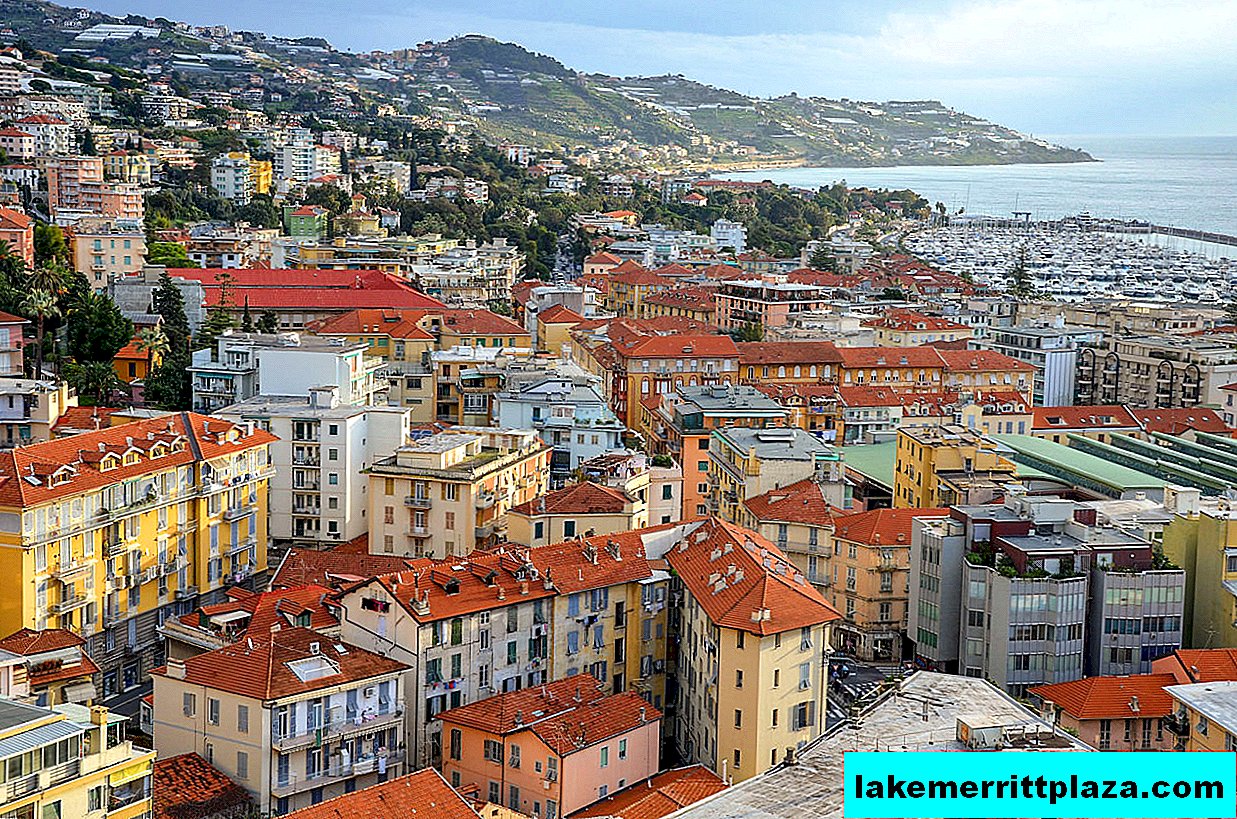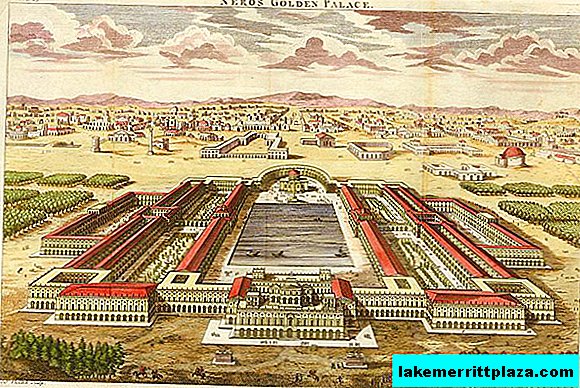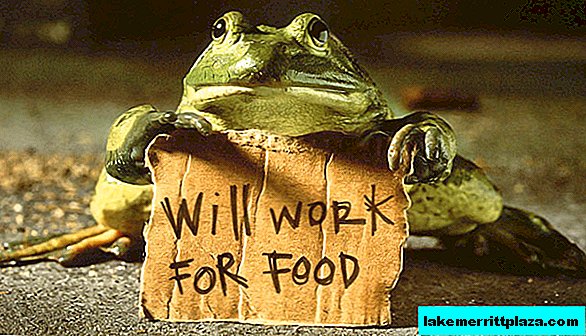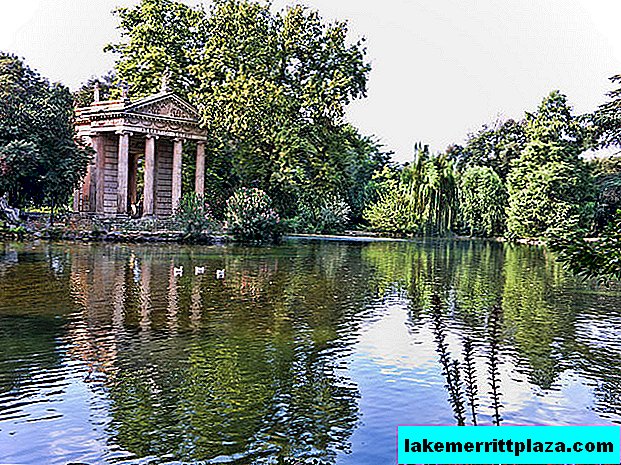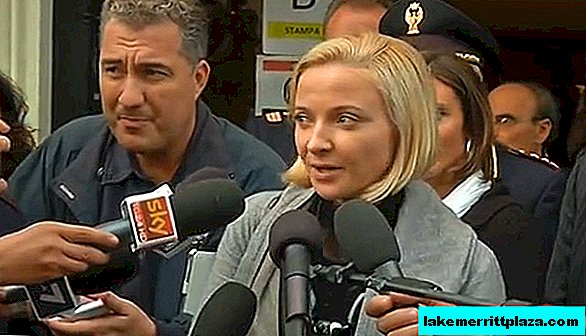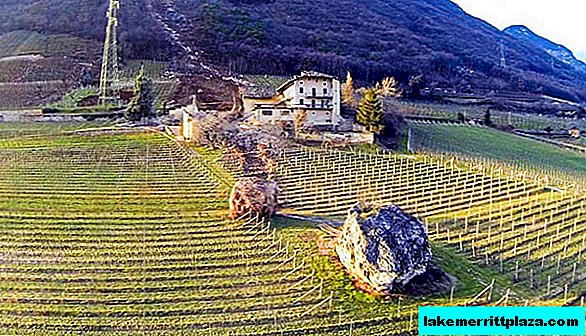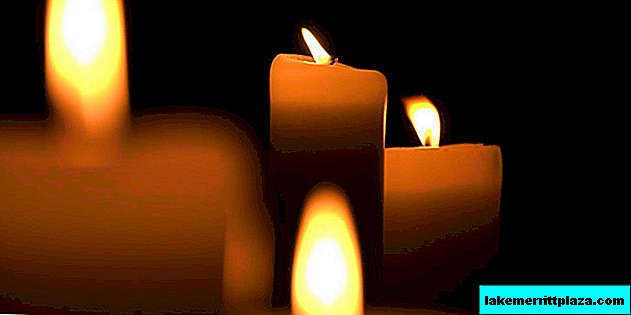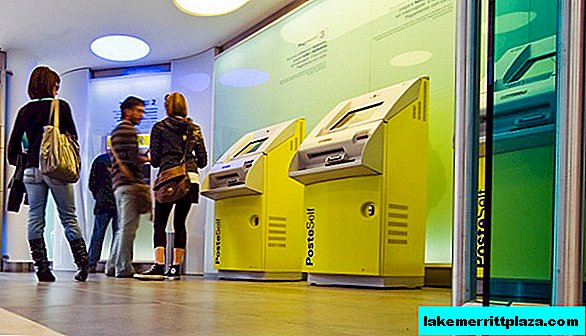Buying a property in Italy is not only a profitable investment, but also your “pass ticket” to Europe. Without going into the bureaucratic details of applying for a visa, I would like to inform you that owning an apartment or a house in Italy guarantees a “C” type visa. Thus, Europe is open for you about 180 days a year (90 days in each half year). Having clarified the information at the Italian embassy, we learned that this aspect, unfortunately, does not affect the receipt of a residence permit.
Who buys property in Italy
Italy is chosen by people who are in love with this country. Once visiting this beautiful place, everyone has an unforgettable experience of what they see.
The mild climate, incredible landscapes, cozy towns on the coast, the peaks of the Alpine mountains, the variety of resorts, the friendliness of the local population, excellent cuisine, rich history and culture - all these are the advantages of Italy.
In addition, housing prices in this beautiful country are slightly lower than, for example, in France, Germany or Switzerland. The most popular such investments are among the Germans, British and Russians. Another advantage is that the acquisition procedure is almost identical for foreigners and citizens of Italy.
The impact of the economic crisis
According to the latest data at the beginning of 2014, the cost of housing per square meter in Rome is 3.833 euros. Rome is the most expensive of the major cities in Italy. Real estate in Florence costs a little cheaper - 3,780 euros per square meter. In Milan - 3,691 euros, in Turin - 2,130 euros, 3,321 euros in Naples, and 1,595 in Palermo. However, these are only average indicators. In fact, prices vary greatly depending on the economic situation in a given region, remoteness from the city center or the sea, as well as the condition of the apartment or house.
In northern Italy, the cost is higher than in the south.
For example, the low value of real estate in Sicily is associated with a lack of industry, although the climate and nature on this island are considered the best in Italy. So, at a cost of € 120,000, you can buy a 3-story building in the very center of a small town near Agrigento, consisting of 6 apartments, a garage and a storeroom.
An apartment on the sea coast or in a large city is more expensive. But if you wish, you can always find a profitable option based on your budget.
The average cost of a one-bedroom apartment in Milan or on the coast in Liguria ranges from 100,000 € to 200,000 €.
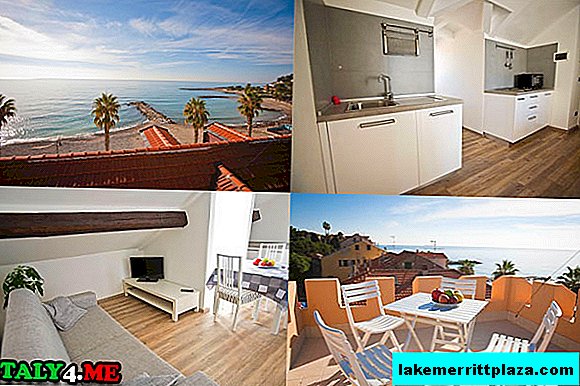
Now that you know the cost and availability of privileges for property owners in Italy, consider the other side of the coin, namely the benefits.
Prices for apartments and houses have fallen significantly, despite the fact that the proposals of all Russian sites and companies in this field continue to scare the numbers. But in fact, things are different, the decline in value still affected Italy. This is due both to the crisis throughout the world and to the politics of the country itself. Due to the large number of taxes on owning a second apartment, many Italians prefer to sell their property. As a result, the market has high supply and low demand.

Such conclusions were made by me after working in this area and searching for the best options for our customers. Of course, the cost depends on the requests: you can find options from 100,000 € per apartment to several million per villa.
In practice, you also need to pay attention that if there is a mark “Possible bargaining”, the price can vary by 50%. So, one of our friends sold his villa in Alassio in 2013 for 480,000 €, while in 2011 the initial cost was 900,000 €.

Checkout
Consider the acquisition process in stages. The buyer chooses a home and makes the so-called "final offer to buy" (proposta irrevocabile d'acquisto). As a rule, at this stage, a commission is paid to the agency, which is about 3-5%. The property owner must approve the proposal, after which the contract is signed (compromesso or preliminare di vendita), which indicates all the conditions and details of the process of buying a property, as well as the technical data of the property. Other obligations may be indicated in this document, such as, for example, a mortgage.
When signing the contract, the buyer makes a deposit (caparra) in the amount of 10-15% of the cost of housing. If the transaction does not happen due to the fault of the buyer, this amount is not refundable.
The last stage of the purchase is the signing of a notarial deed. This moment is very important, since the Russian-speaking buyer must understand what he signs. Therefore, you need to contact a translator, but rather a specialist who can verify everything and make sure that all the rights of his client have been taken into account in accordance with Italian law. After signing, you need to pay the notary services, all taxes and fees, as well as the rest of the cost of housing (saldo) to the seller.
The period for registration depends on the organization of both parties and all specialists involved in the process. Under the condition of operational work, the process takes about a week.
Taxes
When buying real estate from a private person, the registration fee is 7%, mortgage fee - 2%, cadastral fee - 1%.
When buying from a legal entity, taxes are slightly different: VAT is 10% of the property value, registration fee is 168 €, mortgage fee is 168 € and cadastral fee is also 168 €.
Interesting Facts
Not so long ago, Italy began to put up for sale objects of cultural and historical heritage. Near Rome, the medieval castle of Castello Orsini, built in the 13th century, was put up for sale. The current owners have turned this castle into a five-star hotel.
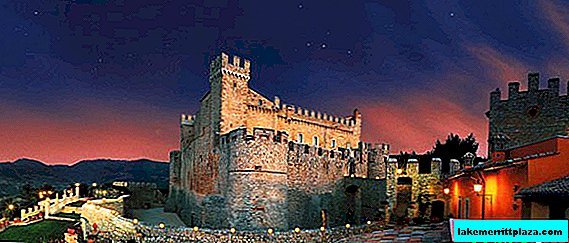
If you are in love with Italy or just want to invest in Italian real estate, we will be happy to provide you with the services of searching for a suitable option and assistance in processing the transaction.

